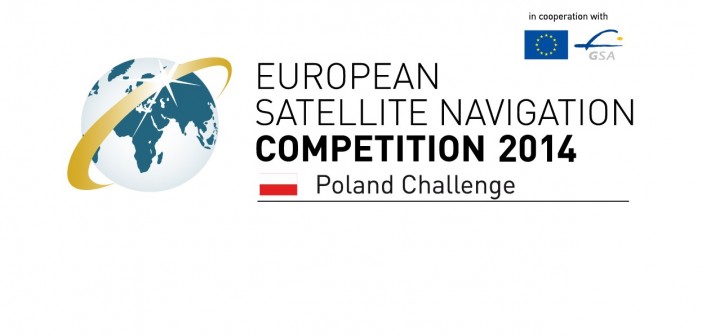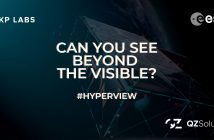On the 7th of July the phase of proposal submission in the Galileo Masters competition has ended. The Polish edition of this contest has achieved very good results, scoring the 4th place in the general classification of all regions!
The European Space Navigation Competition (ESNC) aims to select and promote of the best concepts and projects related to usage of satellite navigation (GNSS). The popular name of this contest is “Galileo Masters” as is the name of its main prize, relating to the European Galileo GNSS system. Its early operations phase is expected by end of 2014.
ESNC is conducted in a regional form. Each country, region within a country or several countries together can participate to this competition. This year the Polish edition of ESNC has been organised by Kosmonauta.net. We decided to organize ESNC because in 2012 and 2013 our team scored several finalists prizes and this helped us in development of our own GNSS applications. This year’s edition of ESNC was the second Polish one – the first was organised in 2012 and its results were very encouraging.
“The active phase” of the Galileo Masters competition lasted between the 1st of April and 7th of July. During that time everyone with an idea, prototype or product utilizing GNSS could submit his/her entry to the competition via a special website. “Everyone” means in this case individuals, start-ups, SMEs, university groups, established companies and research institutes.
At the same time representatives of Kosmonauta.net have visited several Polish universities and incubators in order to promote ESNC. The aim of these visits was to inform about the competition, present the current status of the GNSS market and technologies as well as describe some “success stories” from the past. Kosmonauta.net’s representatives have visited Wroclaw, Poznan, Tri-City (Gdansk, Sopot, Gdynia), Warsaw, Krakow, Lublin, Opole, Gliwice and Katowice. The events have attracted a significant number of participants, which later resulted in an increased number of applications.
Globally, ESNC received 434 valid entries this year. The biggest number of submissions – 68 – was sent to the British edition of ESNC. The Polish edition received 22 valid entries, which gave this region 4th place in the ESNC classification. The same amount of entries have been sent to German Hesia and Belgian Flandria regions. The Polish edition of ESNC attracted more submissions than Greek, Israeli, Austrian of Swiss regional competitions. This is a very good result, suggesting that Poland has potential in creating new GNSS-related application.
What will happen over next few weeks? Before the end of summer time each ESNC region will select its winner. The selection process will be done with support of a panel of experts, which will examine the quality and market potential of submitted ideas. Later, in the middle of September, representatives of each region will meet in ESTEC (in the Netherlands) and select the overall winners of this year’s edition of this competition. The prizes to these winners will be given (granted) during a Final Gala, which this year will take place in Berlin (23-24th of October).
Kosmonauta.net is going to be the organizer of ESNC 2015 in Poland as well. Again, “the active phase” of the competition will be held between April and June and our team will be travelling across Poland to promote this competition. We plan to visit more places, universities and start-up incubators as well as provide even more regional prizes.
The co-organizer of ESNC 2014 is the Black Pearls capital fund, together with ICT INTERIZON cluster, Polish Agency of Industry Development and Innovation and Technology Center from Radom. Support has been also received from Astri Polska (silver partner), MV Innovating Solutions, SmallGIS and Creotech Instruments (bronze partners), AIP Business Link, Olivia Business Centre, PCPD, Intel and Polakpotrafi.pl (prize sponsors).
A honorary patronage was granted by the Ministry of Economy, the Committee on Space Research of the Polish Academy of Sciences, Polish Space Industry Association and the National Center for Research and Development. The media partners are: Pierwszy Milion, Student Forum Business Centre Club, Polish Association of Scientific Journalists and the Badania.net oraz Gazeta.pl web portals.




